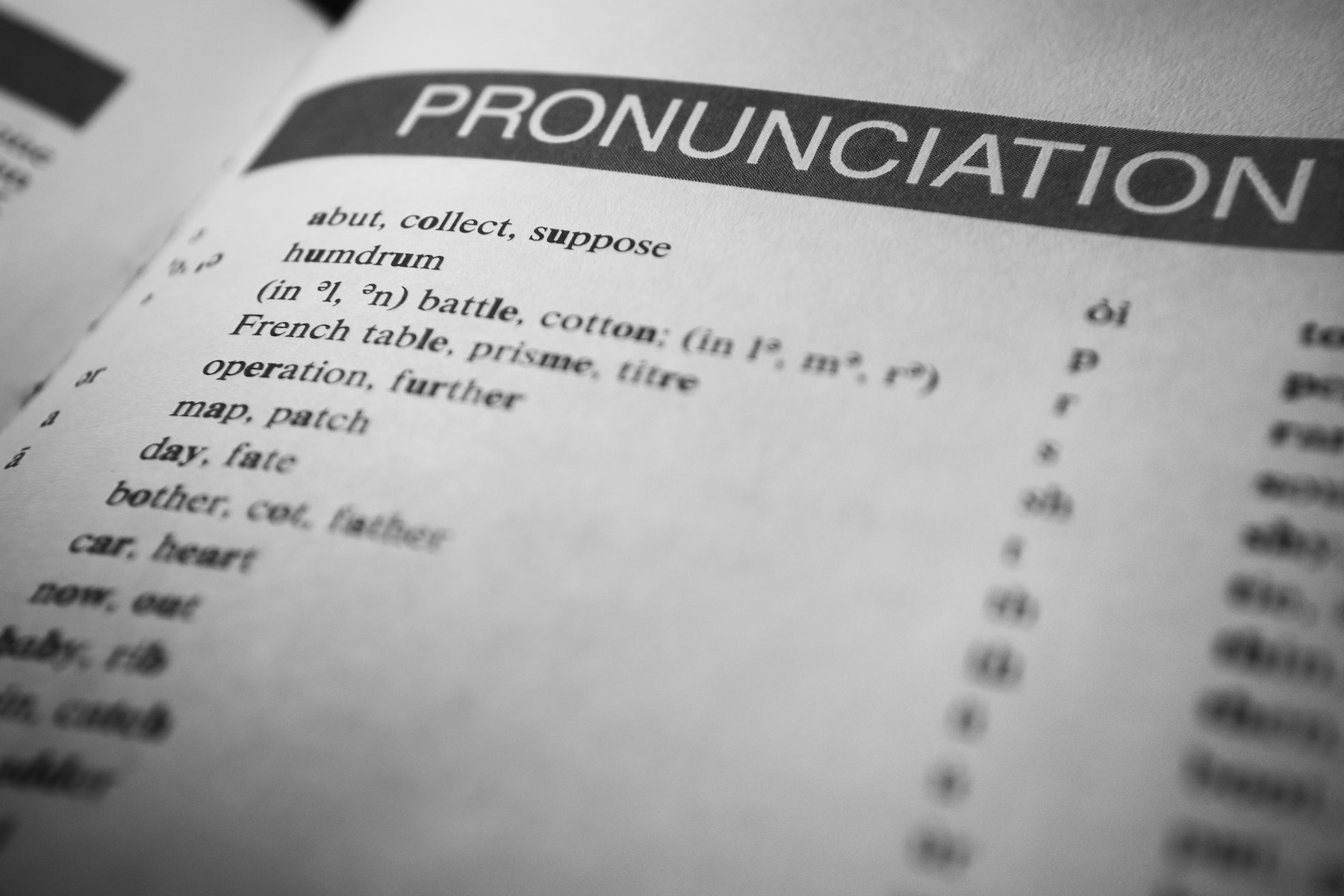
Unless you know how to learn a new language, you can spend years just covering the basics and never reaching any level of fluency.
You have to find methods that work for you using a variety of media and resources. Why? Let’s assume that you use a textbook to learn grammar, how to greet people and vocabulary. You’ll have a “decent” foundation, but wait until someone speaks to you.
You’ll need to understand:
- Rapid speakers
- Different dialects
- Pronunciation differences
In fact, it’s recommended that you mix in reading, writing, listening and speaking to truly learn a language. You may be able to get by with a phrase book when going to the airport, but that’s not learning the language.
How to Learn a New Language and Actually Have Fun
There are a lot of resources that you can use to learn a language – a lot of free resources. Whether you’re taking a class to learn a language or are diving in on your own, the following surprise resources will be invaluable:
Movies (Netflix)

Netflix has a wealth of foreign language movies that you can watch with closed caption in your own language. Watching the entire movie is often too difficult for new learners, so you’ll want to:
- Start small and watch either small clips or chunks of the movie.
- Try and translate these sections.
- Listen to the audio closely.
- Repeat after what you’re hearing to improve your pronunciation.
iTunes Trailers has a great selection of trailers that you can watch for international movies. If you have a favorite movie that you like to watch, that’s a great movie to start with. When watching, use a site like Simply Scripts so that you can read along and really absorb the content.
When you come across words or phrases that you don’t know, add them to your Anki or Memrise list.
Audiobooks
Audiobooks are a lot of fun, and you can listen to them anywhere: car, train, bus, walking around the city – anywhere. You can buy audiobooks off Audible, or you also have the option of using your local library.
Many libraries now have digital options, such as OverDrive, which allow you to download eBooks and audiobooks that the library owns.
A few additional resources for audiobooks are:
You can use the same tips with audiobooks as you do movies to learn more efficiently. If you’re struggling, purchase a physical copy of the book so that you can follow along.
Podcasts

There are so many great podcasts, some free and some paid, that can help you learn your language of choice. Coffee Break is one of my personal favorites and includes:
- Coffee Break Spanish
- Coffee Break Italian
- Tons of others
There’s also LanguagePod101 and News in Slow among many others. You’ll want to search on your phone, tablet or other device for podcasts that are most interesting to you. It’s important to get as much exposure to the language as possible, so try a few podcasts to find the ones you like or that interest you.
YouTube
There’s a good chance that you already watch YouTube for entertainment or educational purposes. YouTube is also international, allowing you to subscribe to channels and watch videos in your target language.
A few tips to use YouTube properly are:
- Try and find channels that include film archives.
- Find live streaming news channels.
- Search for language learning channels in your target language.
- Visit TED and TEDx channels and look for videos in various languages.
TED has channels in many languages, so take the time to see if there’s one in your target language available.
Music
Music is one of the most important ways to connect with a language. While some music genres are harder than others to understand, it’s possible to find great music in your target language. I recommend trying to avoid fast-paced songs, such as rap music, because they’re often too quick for beginners to understand.
Slang may also be heavily present in a lot of songs across multiple genres, so it will help you learn the language on a deeper level.
You can find songs on:
Now, you can find songs that you like and use a site like Lyrics Translate to view the original song and the translation side-by-side.
Slowly, learn the songs’ vocabulary, learn chunks of the song and you’ll eventually be able to sing along while understanding every verse in the process.
Now that you know how to learn a new language, spend time every day trying to learn the language. Small, consistent learning sessions are always better than long sessions once every few months.

